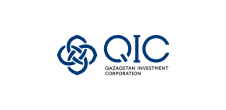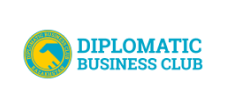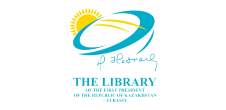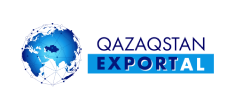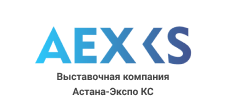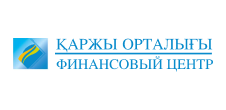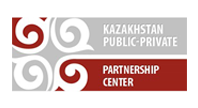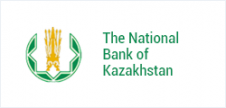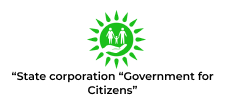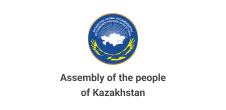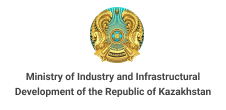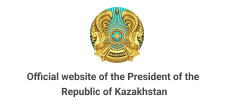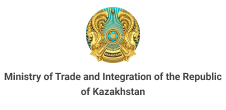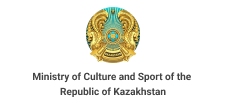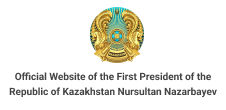Head of KAZAKH INVEST: In 2023, foreign investors launched 47 production facilities
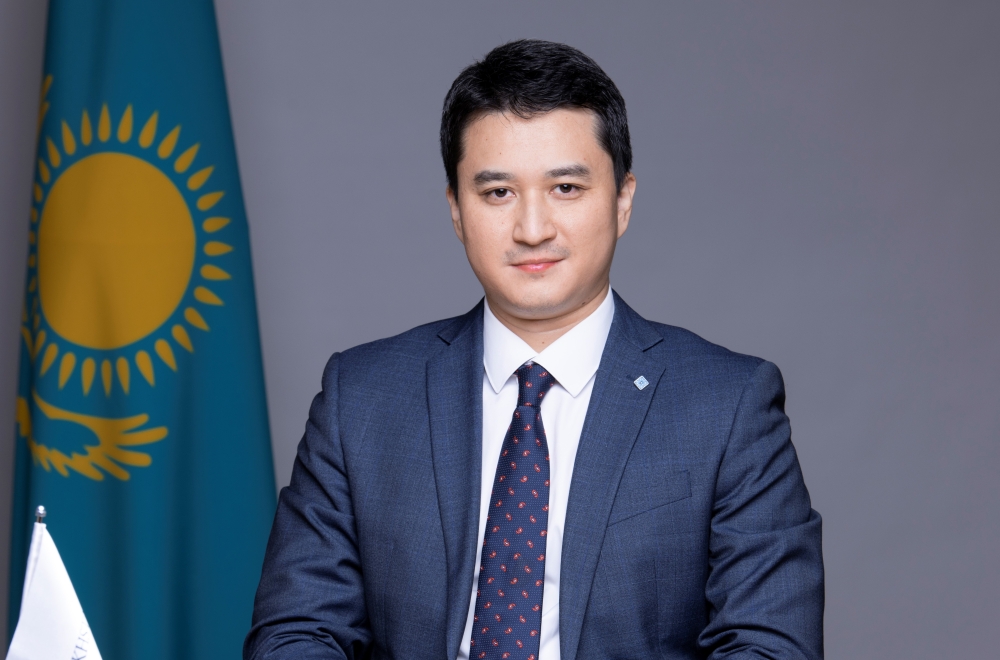
Head of KAZAKH INVEST: In 2023, foreign investors launched 47 production facilities
The translation of the interview with the acting Chairman of the Board of JSC “NC “KAZAKH INVEST” Zhandos Temirgali by Forbes regarding current issues of attracting investment to Kazakhstan.
Zhandos Aibekovich, how would you summarize this past year from the investment perspective?
The past year’s results continued the upward trend. The volume of attracted investments, business activity, and new projects increased significantly. This results from our three-level system (external, central, and regional level) for attracting investments, the stability of the country’s investment climate, and increased attention to Kazakhstan from international business.
According to the results of the first half of 2023, the net inflow of FDI into Kazakhstan amounted to $4.1 billion, 86% higher than the same period of the previous year. It is also necessary to note qualitative changes in the structure of investments in our country - investments in the manufacturing industry increased by 60%.
Due to the significant increase in the role of transcontinental routes, critical minerals, and other strategic raw materials, Kazakhstan’s location in the center of Eurasia and the presence of large reserves of natural resources, including the potential for the development of renewable energy, come to the fore. In this regard, there is increased interest from European and Asian partners.
Considering all of the above, our task currently is to attract investors who would invest in enterprises for processing raw materials with high value-added, ensuring the integration of Kazakhstan into the global supply chains of high-tech products. For example, if we are talking about critical minerals (lithium, nickel, cobalt, etc.), we would like to see projects for the production of batteries and, in terms of renewable energy, the production of components for solar and wind power plants.
In 2023, increased business activity resulted in a record number of 22 significant investment events organized by KAZAKH INVEST, 8 of which were held with the participation of the Head of State and 3 with the Prime Minister. Emmanuel Macron, the President of France, Halima Jacob, the President of the Republic of Singapore, and Frank-Walter Steinmeier, the Federal President of Germany, have visited our country in the past year, as well as Petr Fiala, the Prime Minister of the Czech Republic. President Steinmeier has also personally visited the green hydrogen production plant in the Mangystau region.
What are the main results of the national company in 2023?
The main result of our work is the implementation of investment projects. This year, with the support of KAZAKH INVEST, 47 new production facilities with foreign participation were put into operation for about $1.1 billion. These projects created more than 4.5 thousand jobs for our citizens.
Among the launched enterprises, we can note the production of trucks by the Swedish “Scania,” the production of window profiles with the participation of the German “Rehau,” the production of mobile drilling rigs by the Chinese company “Shengyuan Technology,” the production of high-quality lime by the Belgian “Carmeuse Group,” the production of ultrasound machines of the South Korean “Samsung Medison” etc.
Also, in 2023, construction and installation work began on 42 projects worth more than $3 billion. Among them are the production of thermal insulation materials by the Italian Cormatex, the construction of a new KIA plant worth $250 million, and the creation of 1,500 jobs.
In addition, we continue negotiations on the implementation of projects with hundreds of companies from around the world, including such flagships as Siemens (Germany), Hassad Food (Qatar), China Nonferrous Metal Mining Group (PRC), “Skoda” (Czech Republic), “GE Healthcare” (USA), “Samsung” (South Korea), “SK Group” (South Korea), “Barrick Gold Corporation” (Canada), “Sovico Group” (Vietnam), Eren Holding (Turkey), Philips (Netherlands), etc.
Tell us about the relocation process of companies that left neighboring markets.
We began work on relocating companies to Kazakhstan in April last year and continue to this day. We conducted an in-depth analysis and compiled a list of large companies from 38 countries in priority sectors of the economy. Our focus is mainly on manufacturing enterprises and not on brands.
At the moment, on the issue of relocation, results are available for 80 companies, 41 of which have already completed this process in 2022-2023, and the rest are being actively studied. The total cost of the projects amounted to about $1.5 billion. For example, the Wabtec company relocated its regional office and began implementing a project to produce locomotives and components. Microsoft Corporation opened multi-regional hubs in the Republic of Kazakhstan, Wika launched equipment production for the oil and gas industry, and Honeywell moved its regional office to Almaty and opened production facilities in several regions of Kazakhstan.
There is an opinion that state support is provided to foreigners more than local entrepreneurs. Is it so?
First of all, I would like to emphasize that the concept of “foreign investor” does not exist in the legislation of the Republic of Kazakhstan. Any enterprise registered in the country as a tax resident has equal rights in access to government support and financing. Of course, the vast majority of companies receiving support, including financial support, from the state belong to citizens of Kazakhstan.
As evidence, only about 15% of more than a thousand projects in the nationwide pool of investment projects are implemented with the participation of foreign capital. In addition, about 80% of investment contracts (one of the most common instruments for supporting investors) are concluded with Kazakh entrepreneurs.
The main goal of our company is to increase the well-being of Kazakhstanis by creating new jobs and bringing additional taxes into the country’s budget, promoting economic development through the stimulation of processing industries and diversification, and transferring advanced production technologies. To put it briefly - so that the people of Kazakhstan get rich! Our citizens know the potential of their country better and are often the initiators of large international projects.
What other can be identified in 2023?
I want to note industry trends in the world and, accordingly, in Kazakhstan. This year, the world has seen an increase in global value chain-intensive projects. These include electronics, semiconductor, battery, automotive, and mechanical engineering projects.
We are seeing significant interest in these areas from companies worldwide, which has resulted in the signing of many documents on the development of processing industries in the country. For example, the German HMS Bergbau will implement a project for exploring, mining and processing complex rare metal ores in Eastern Kazakhstan.
In addition, Kazakhstan took 5th place among the world’s developing economies in terms of attracting net investments in renewable energy projects for 2015–2022, with an indicator of $56.3 billion. The Italian “ENI,” the French “TotalEnergies,” the German “Svevind,” the Chinese “China Power,” the Emirati “Masdar,” the Saudi “ACWA Power” and others are interested in the development of renewable energy sources in Kazakhstan. Recently, as part of the visit of the Head of State to the UAE on the sidelines of the UN Climate Change Conference 2023 (COP-28), Kazakhstan signed 20 documents worth $4.85 billion, mainly in the field of green energy.
The growth of pharmaceutical projects in Kazakhstan is also worth noting. Of course, the country needs the development of local production and more affordable medicines. This year, issues related to the localization of the production of pharmaceutical products in Kazakhstan were successfully resolved by such prominent companies as AstraZeneca (UK), Roche (Switzerland), and Pfizer (USA).
What are your national company’s plans for next year?
Firstly, the goals are implementing new investment projects, supporting existing ones, and searching for new investors. A great help in accelerating the implementation of projects should be a change in the structure of the Council for Attracting Investments (Investment Headquarters), within the framework of which the heads of central and local executive bodies are charged with responsibility for the results of the work carried out to attract investments.
As the Head of State previously noted, we have systemic problems that hinder the implementation of projects. Difficulties begin directly at the stage of project implementation when it is necessary to allocate a land plot in a free economic zone, provide the necessary infrastructure, provide technical conditions, etc. These and other issues are raised during meetings at the investment headquarters. Still, if the decisions made by the headquarters were advisory previously, they will now have the status of mandatory execution.
In this regard, we have dozens of new projects in development, and the planned tax exemption for three years for new investment projects working in this area, planned by order of the President, should play an essential role in developing our country’s manufacturing industry.
Next year, we plan to commission more than 45 projects - this is a high bar we have set in recent years. Since 2021, over 140 projects have been implemented with the participation of foreign investors. In general, we plan to maintain leadership in attracting foreign investment in the post-Soviet space, contributing to economic growth through attracting new projects.





